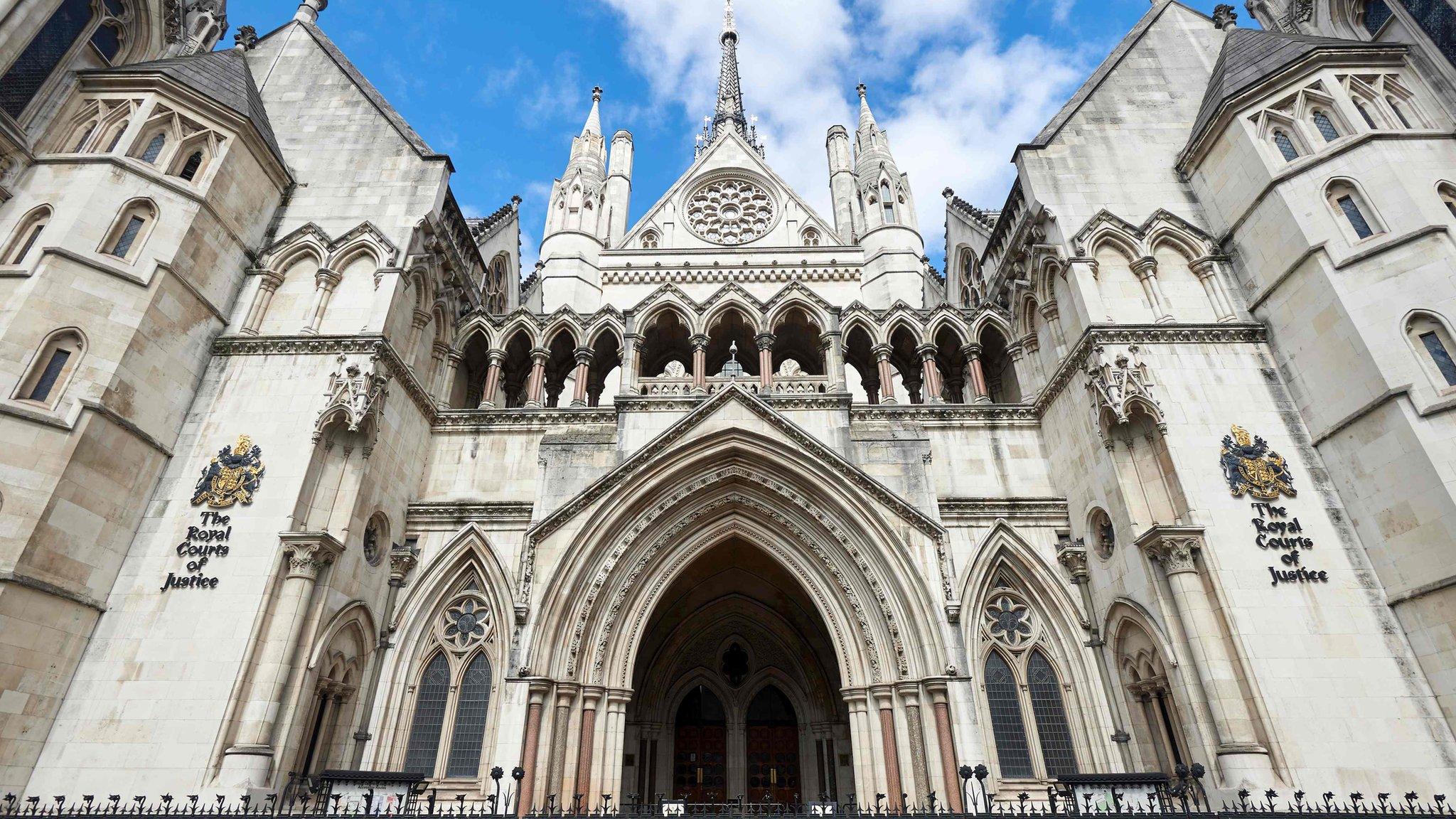Visible progress needed in child sexual abuse inquiry
- Published
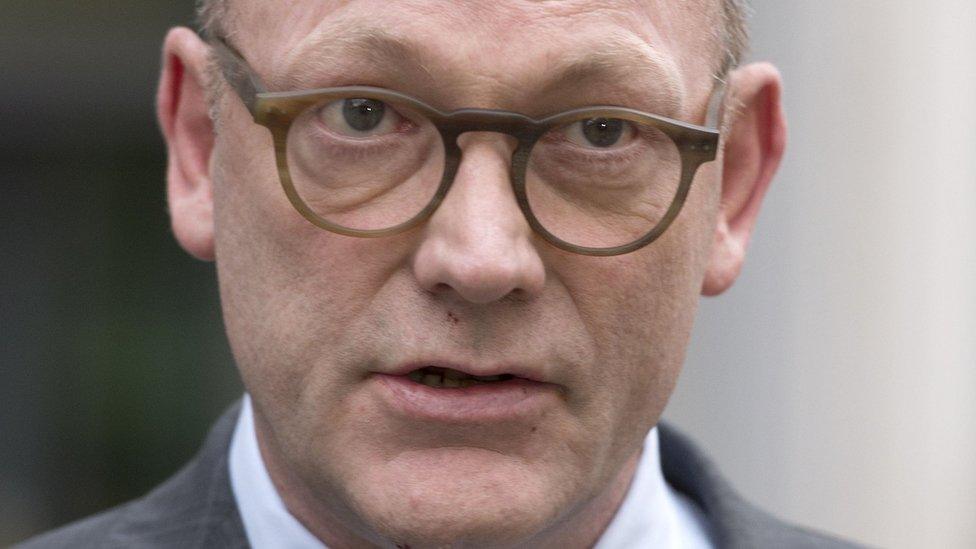
Ben Emmerson, the most senior lawyer in the inquiry, resigned on Thursday evening
Child abuse is a deeply difficult challenge for all institutions. It is hard to prevent, detect, investigate, and, report on.
So no-one expected the work of what is sure to be Britain's biggest public inquiry to be easy.
But the challenges of trying to get it going will be of interest to students of public policy for decades to come.
The very fact that it is on its fourth chairwoman means that all involved have given up the usual shorthand of referring to it using the name of the person running it.
It is no longer the "Goddard Inquiry", or the "Jay Inquiry".
Now, it is simply IICSA, the Independent Inquiry into Child Sexual Abuse.
It was designed, in the wake of the Savile scandal, and the growing awareness of the scale of abuse in the past, to examine the problem in all corners of British society.
Initial subjects will include the response of institutions including churches, councils and UK bodies abroad to children being abused.
There is a specific topic centred on the allegations against the late Labour peer Lord Janner.
Much more will follow.
Delayed public hearings will start next year.
The intention is to publish at least 13 separate reports - if the latest crisis can be overcome.
This centres on Ben Emmerson QC, a widely-respected human rights lawyer who has been arguably the inquiry's most significant figure behind the scenes.
Need for trust
This week, someone (and he denies it was him), briefed the Times that he was about to resign because he had fallen out with the inquiry's new chairwoman, Prof Alexis Jay, about the inquiry's future work - something he later denied in his resignation speech.
But Mr Emmerson was then suspended after unidentified allegations were made against him about "aspects of his leadership".
An investigation was launched.
Sources have told the BBC the complaints were not about his management or legal abilities, but more serious.
To date we have been unable to precisely confirm their nature.
Mr Emmerson then resigned anyway, denying it was anything to do with the inquiry's future - he just wasn't the right man for the job of restructuring the inquiry.
Which has left questions.
Was the earlier briefing an attempt to lay a smokescreen to mask his departure for a different reason?
And what happened to the investigation into the complaints?
Inquiry officials have refused to say a word.
This risks accusations of a cover-up - because many of those involved bring up the same word when talking about the way in which this inquiry must operate: they say they must be able to trust it.
Trust that uncomfortable information won't be shuffled into the shadows; trust that everyone involved will be clear about their motivations.
Lack of trust led to two chairwomen having to step down because victims and survivors of abuse couldn't be sure they would properly scrutinise the role of the establishment.
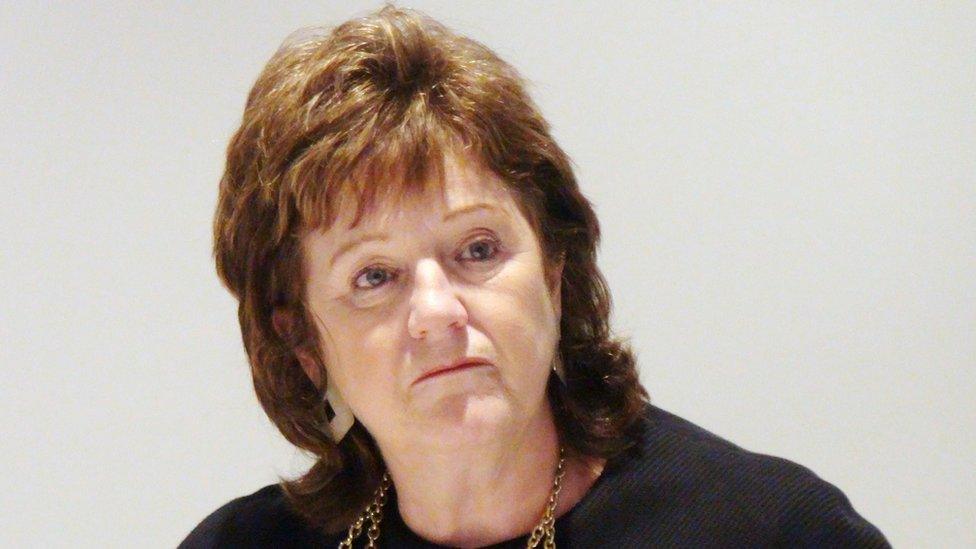
Mr Emmerson has denied he fell out with Prof Alexis Jay - the fourth and current chairwoman of the inquiry
It has left some of the same victims reluctant to trust that their accounts will be heard in a way that will not damage them.
It has led to the son of Lord Janner furiously campaigning against the inquiry's plan to hear evidence from his accusers because he doesn't trust the process to represent his father's position.
And damagingly, it has resulted in the inquiry's critics in the press refusing to trust its ability to dismiss false accusations - they see it as an overblown and out of control "witch-hunt".
A second issue is secrecy.
Very little has been communicated officially about the inquiry's problems.
In the vacuum, a negative narrative has flourished.
This is not a government department or FTSE corporation, where political reputation or the bottom line must be protected at all costs.
Its success may come to depend on communication which fosters trust and goodwill among all involved.
Real progress?
It might be possible to turn all this around.
One idea suggested by an insider was for each of the 13 topics to become a mini-inquiry of its own, with a dedicated chair, able to build trust with those directly contributing.
This might allow a different approach to be taken to evidence gathering in each case.
Some topics may not require long, complicated hearings or any investigation.
A shorter review of existing evidence might suffice, making the whole process easier to complete.
One short-term challenge is to recruit new senior barristers to replace those who've left - in time to begin public hearings next year.
Visible progress is now badly needed.
However, the irony is that despite all of its problems, behind the scenes at the inquiry's Millbank Tower headquarters, detailed and difficult work is being done.
It is possible there is some real progress, and some victims strongly support the IICSA.
It just doesn't feel like it from the outside.
- Published30 September 2016
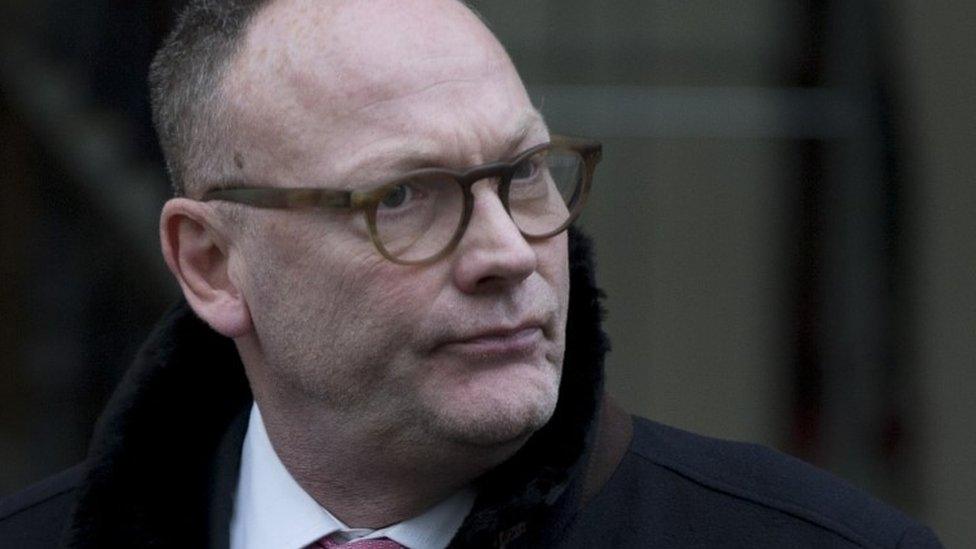
- Published6 October 2020
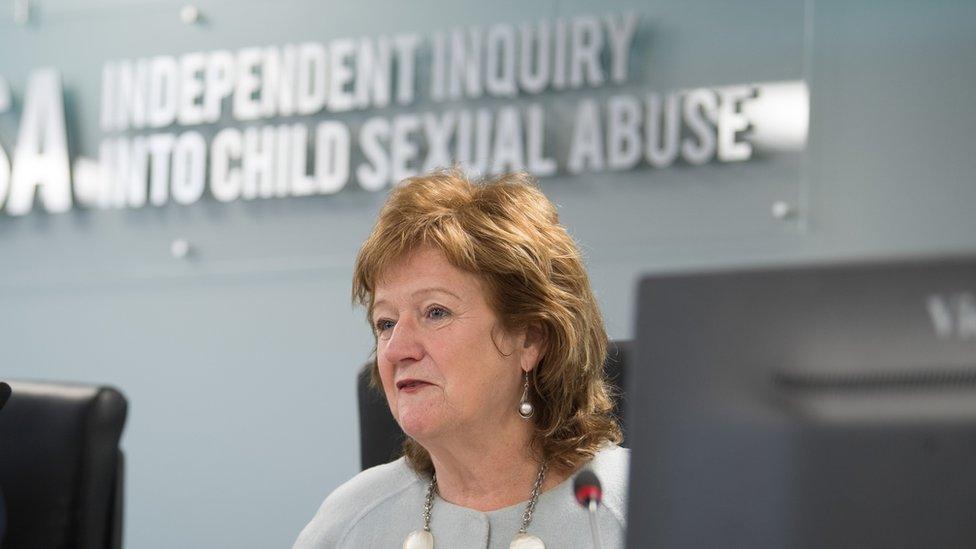
- Published11 August 2016
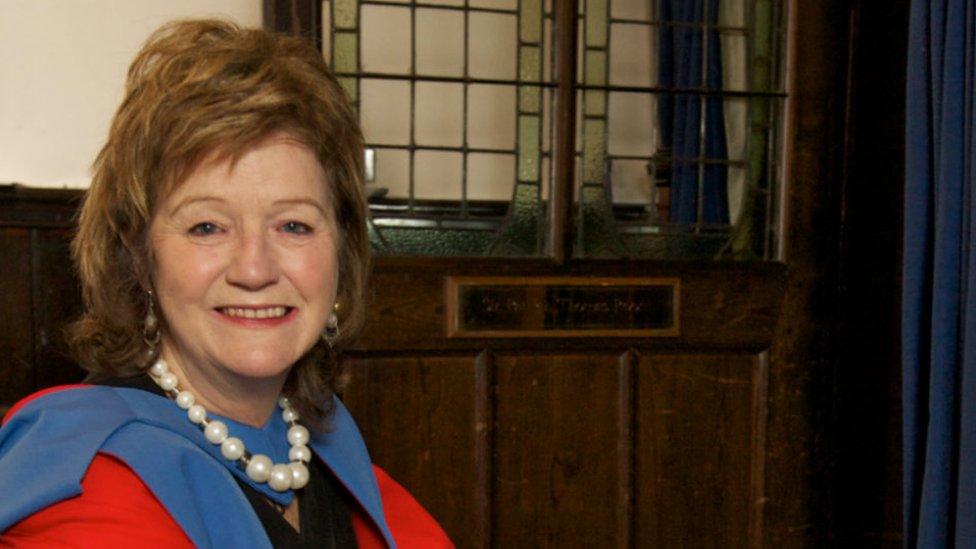
- Published29 September 2016
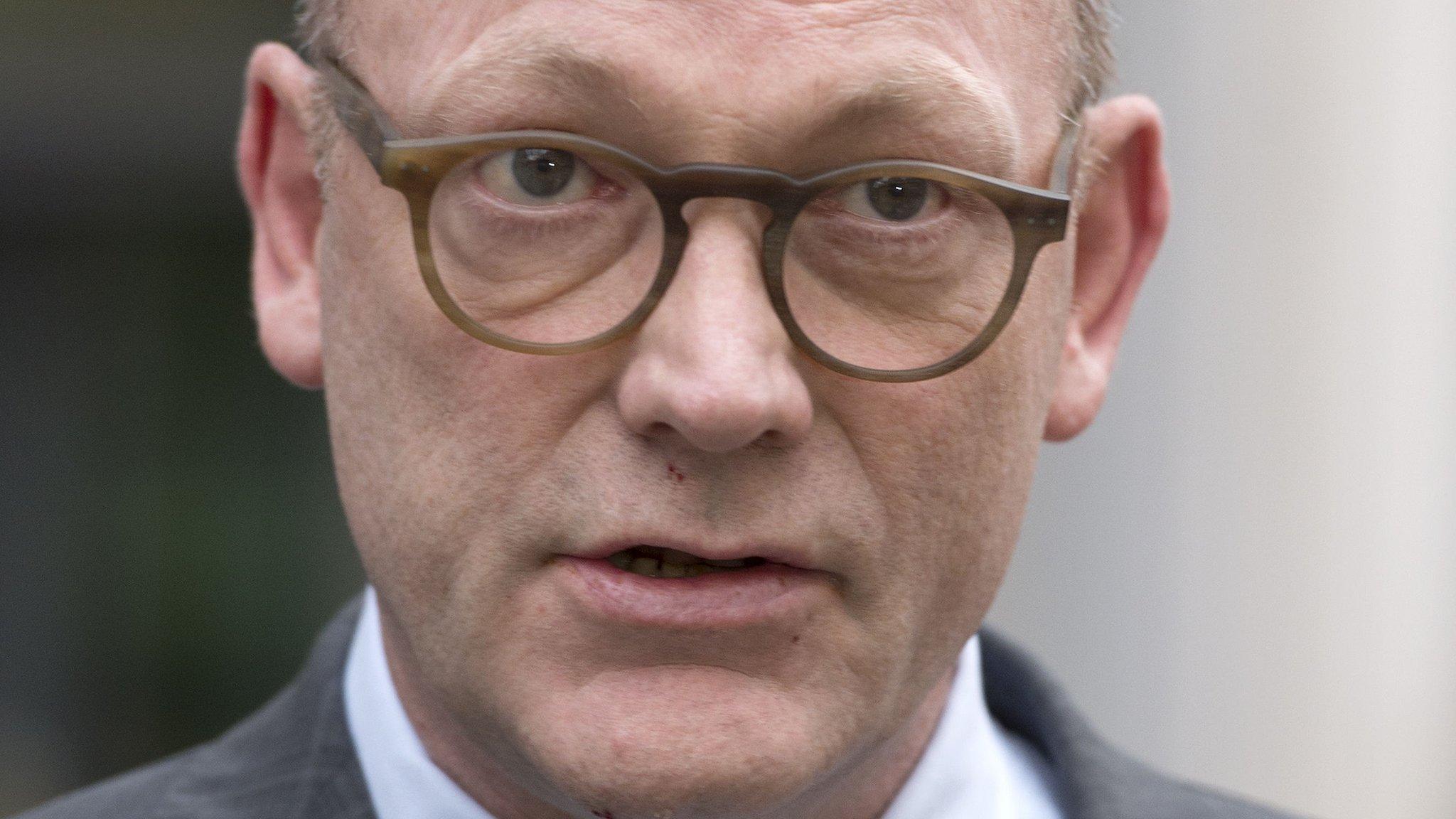
- Published29 September 2016
